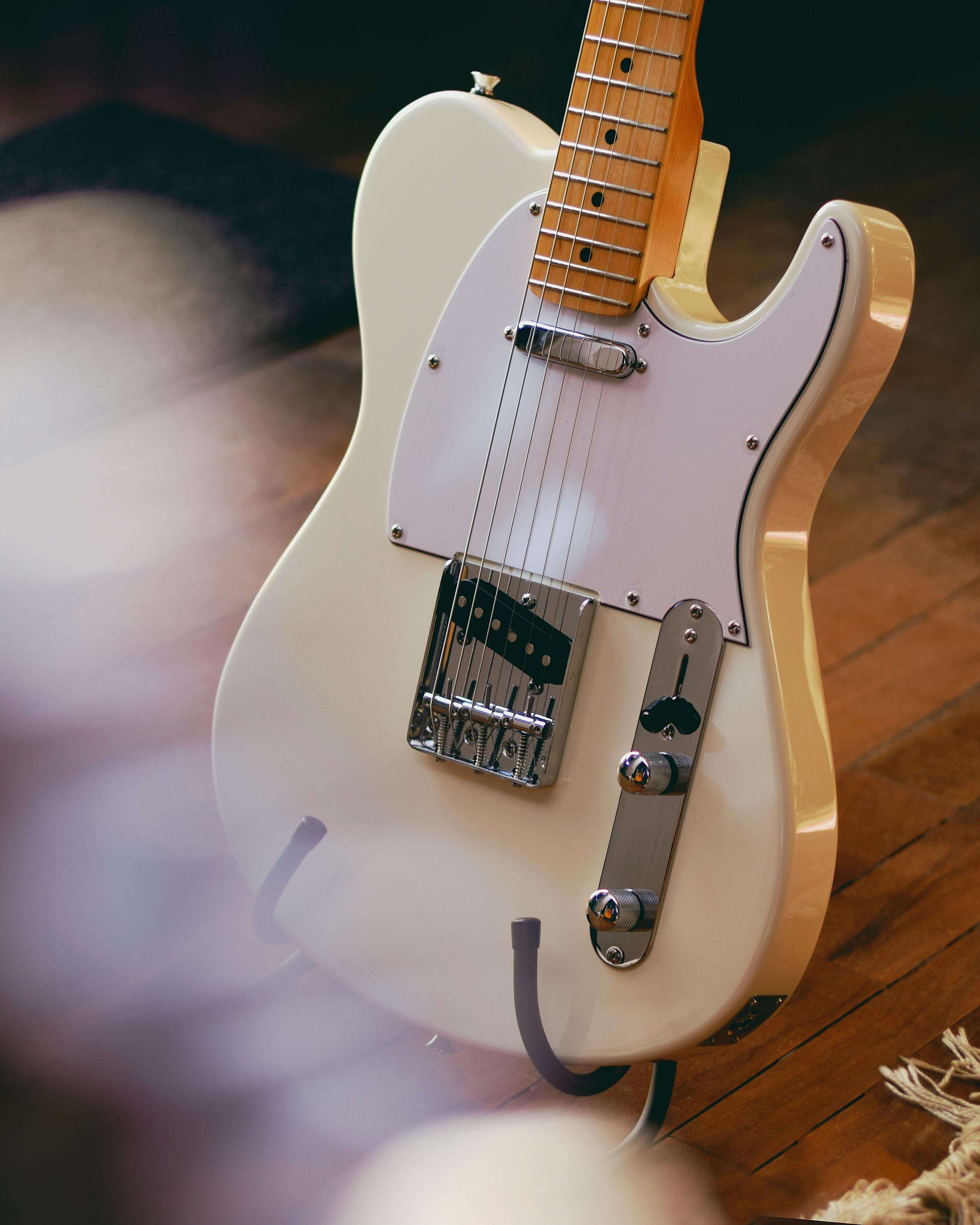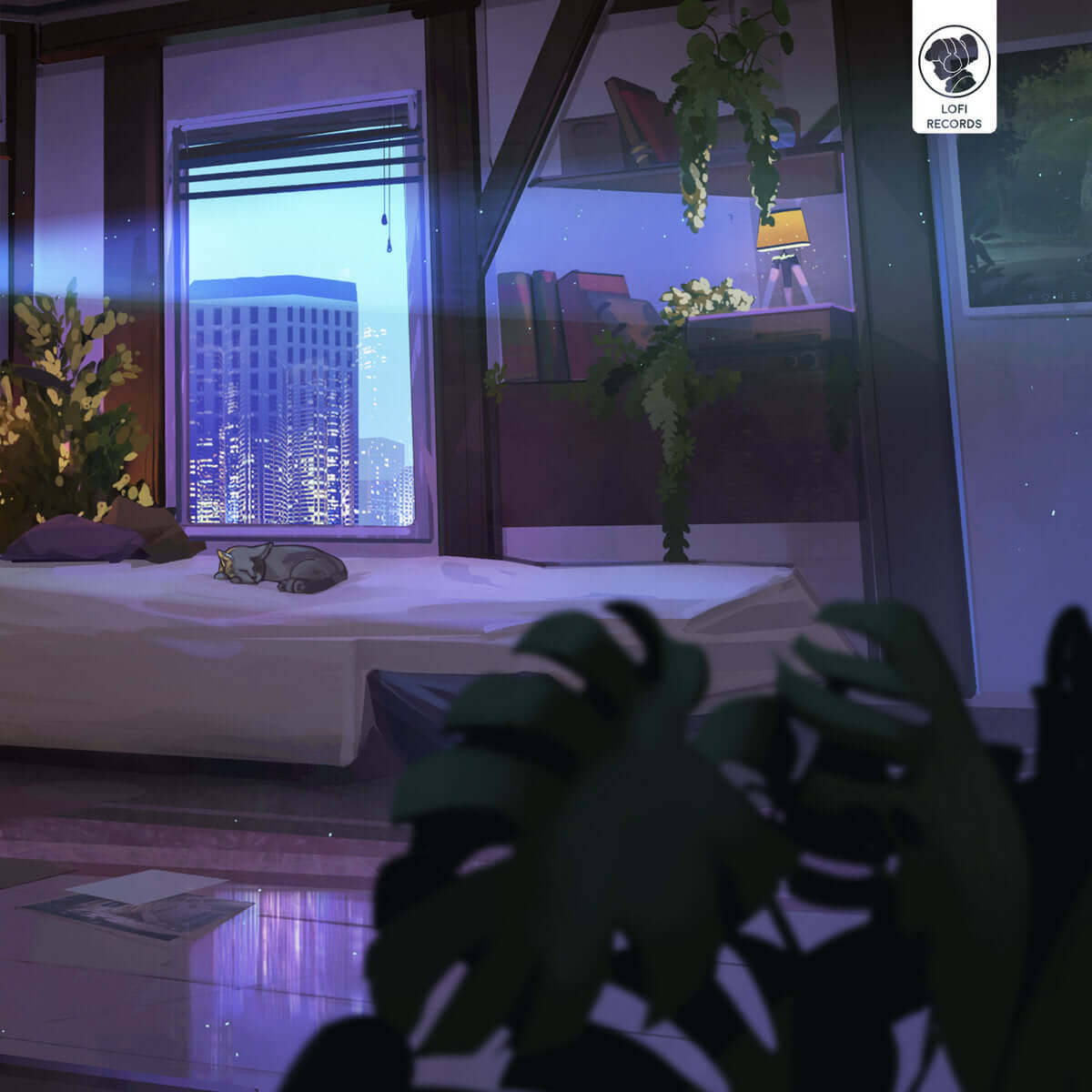In the enchanting world of lofi hip hop, the guitar plays a vital role in crafting the mellow, nostalgic ambiance that we all love. Whether you're new to producing or not, adding guitar to your lofi hip hop tracks can bring a unique liveliness and soulful depth which you just can't manage on a keyboard.
In this blog post I'll guide you through two guitar chord progressions that are ideal to use in lofi hip hop, one which is quite laid back and jazzy and another which is more moody.
These chord progressions are perfect for guitarists at a beginner-intermediate level who are looking to grow their chord-voicing vocabulary.
Be sure to check out the video version of this blog post, you’ll find it at the end!
Lofi Guitar Progression 1: Jazzy & Upbeat
This chord progression is a simple jazz classic: the 2-5-1.
In this case, we’re using Am7, D7 and Gmaj7.
Starting off with one of my favourite voicings for the Am7, I use the thumb to play the root note on the low E string, while the A and high E strings are muted.

If you don’t like using your thumb over the top of the fretboard, you can also just swap it for your index finger.
I play the chord with a slight strummed or rolled effect from the lowest to highest string.
Next is a D7 chord, like so:

And finally, my favourite voicing for the G major 7th chord (such a warm and full sound!):

Like the Am7, I use my thumb for the root note. If you’re not comfortable using the thumb you can try leaving it out and just playing the bottom four strings, or try playing a different voicing further up the fretboard like this:

As this progression is in G major, it works very nicely with the G major scale when you’re soloing.
(Here's a little refresher on the G major scale, if you need it).

Image credit: guitarscale.org
Lofi Guitar Progression 2: Dark & Moody
This is a nice and simple chord progression, focusing on triads and without any fancy extensions.
The first chord is a D major which I play with this voicing:

I also like to hammer off the B string from the 7th fret down to the barred 5th fret.
Next is an Em chord, which looks like this:

I then slide that same shape down to the 2nd fret to make a Bm chord.

After that we go to A major, like so:

I play these chords in just the same way as the first progression, with a slightly strummed or rolled effect.
After looping through the chords once, I switch it up the second time by finishing on a Bm chord with a different voicing:

This chord progression works really well with the B minor pentatonic scale in position 1, starting on the 7th fret.
(Here's a refresher if you need it).

Image credit: guitarscale.org
I hope these chord progressions can spark some great new ideas for your own tracks. Don't be afraid to experiment with these progressions and add your own personal touch!
Check out the video below:




Comment
https://zareswilsonlosiento.wordpress.com/